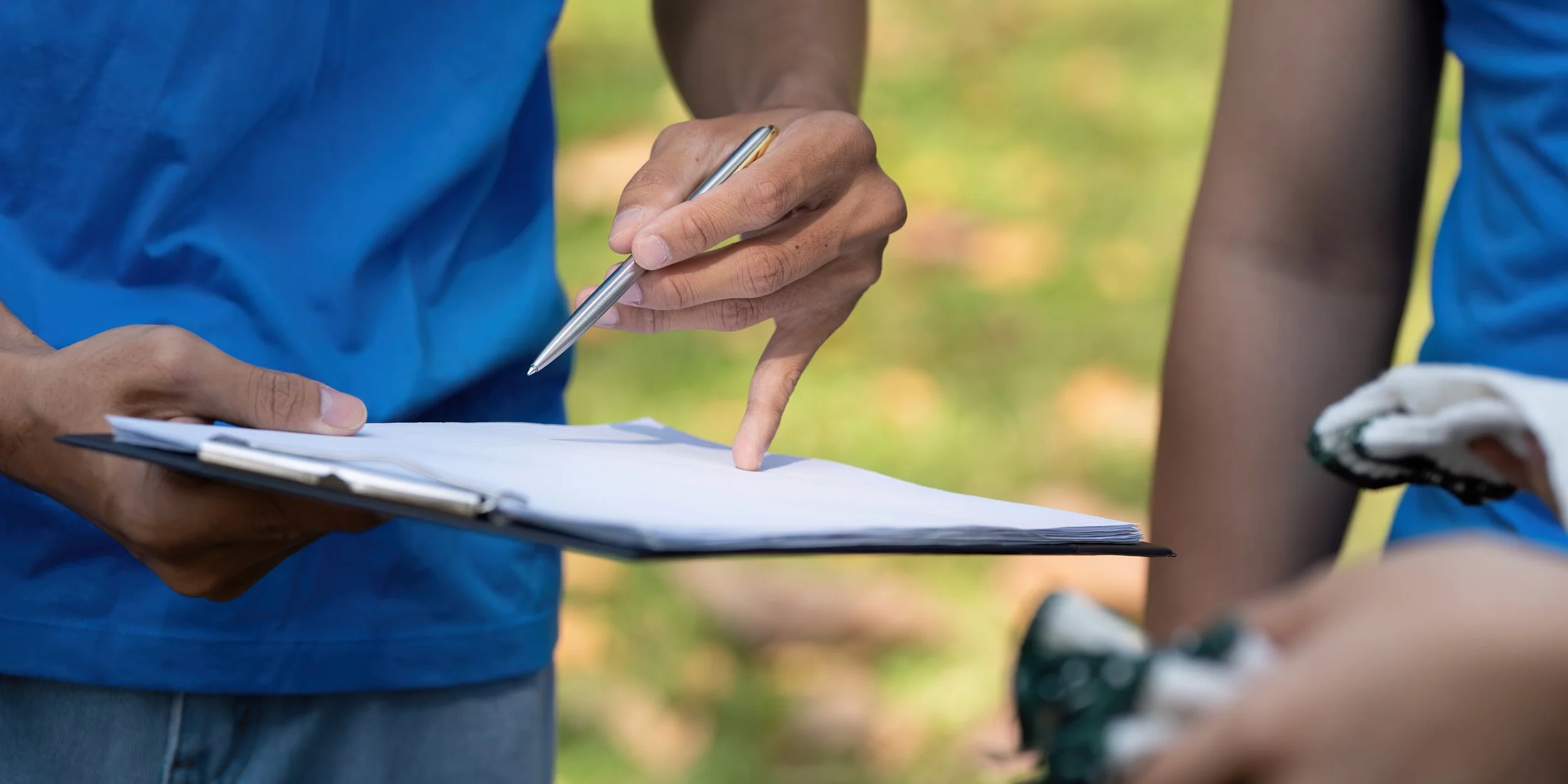Politics doesn’t just happen in Washington or on the news. It happens on your block, in your school district, and at the ballot box. And you can be part of shaping what it looks like.
We’ve spent decades doing this work, and the most common thing we hear is: “I want to help, but I don’t know where to start.”
Good news: You don’t have to start perfectly, you just have to start. You don’t need to be an expert, wear a blazer, or know Robert’s Rules of Order. You just need a sense that things should be better and a willingness to act on it. That’s where we come in.
Here’s Some Ideas to Get Started
-
Run for office
If you've ever thought, someone should do something about this, maybe that someone is you. We offer resources, training, and community for first-time candidates. Fill out our contact form to set up a time to talk more!
-
Volunteer for a campaign
Campaigns always need:
Voter contact: knocking doors, texting, phone banking
Event support: setup, cleanup, snacks, morale
Digital help: social media, websites, email writing
Creative work: photography, video editing, graphics
Administrative help: data entry, budgeting, logistics
Whether you have 2 hours or 20, you’re needed.
-
Use Your Voice
Call your representative about an issue you care about. You don’t have to be angry or eloquent, just honest and productive.
Write a letter to the editor or an op-ed about why this moment matters to you.
Start a conversation with someone in your life who might not share your views and listen, too.
-
Support with Small Donations
Set up a $5 or $10 recurring donation to a candidate, PAC, or cause that aligns with your values. It helps more than you know.
At the bottom of this page is a list of some of our other favorite political organizations to support.
-
Stay Informed
Sign up for email lists for campaigns or groups you care about and actually read the emails.
Subscribe to a local newsletter that explains what’s happening in your community.
Follow candidates, organizers, and activists in your area on social media.
Add key election dates to your calendar (registration deadlines, vote-by-mail request cutoff, etc).
-
Build a Network
Bring a friend to the next event you go to.
Start a group chat with three people and commit to sharing one action, article, or thought each week.
Volunteer with a cause-based campaign, like a ballot initiative or citizens’ lobbying group.
-
Show Up Locally
Attend a city council, school board, or committee meeting just to observe. You’ll be amazed by how much happens quietly.
Apply to serve on a local board or commission.
-
Get Involved with Coalition & Mutual Aid
Volunteer for an hour with a group that aligns with your values
Support mutual aid networks or local efforts like food banks, eviction defense, or school supply drives.
You don’t have to do everything, but you do have to do something. You are not too late. You are not too small. You are not too burned out, too confused, too sensitive, too new. You are exactly the kind of person politics needs. So take a breath. Pick one thing. Ask one question. Tell one story.
Hope is not weakness, it’s strategy.
Anger doesn’t exist without hope. You don’t get angry unless you believe something better could exist. You don’t speak up unless you believe your voice could matter. You don’t protest unless you think someone might listen. You don’t show up unless some part of you still believes this place is worth fighting for. Hope is the most powerful thing we have because it dares to imagine something different and acts like it’s already on the way. The anger you feel? That’s not the end of the story. It’s the beginning. Because underneath it is a belief that something better is still possible. That belief is your power.
And it’s time to use it.
Frequently Asked Questions
-
Absolutely not. Most people start knowing very little. That’s normal—and you’ll learn as you go.
-
It can feel that way at first, but most groups are welcoming and grateful. Many offer onboarding, and you can start slow. Bring a friend and ease in.
-
Yes. Your life experience makes you valuable. Many opportunities are remote, flexible, or built for people who can only give a little time.
-
Even one hour makes a difference. Start with a one-time action or join a regular shift—whatever fits your life.
-
Visit vote.org or Utah’s official voter site.
-
Check your county election website or use Ballot Ready as elections approach. Many voter guides pop up closer to election season.
-
Use this tool: Find your representative. Just enter your address.
-
Nope. Many opportunities are nonpartisan. But understanding how parties work locally can help amplify your impact.
-
Yes. They represent you, and it’s literally their job to listen—even if they don’t always agree.
-
Absolutely. In fact, it’s often easier to reach them when they’re not in session. They work year-round and should be hearing from you.
-
Issue advocacy = fighting for policies (e.g. clean air, gun safety).
Electoral work = supporting candidates who can pass those policies.
Both matter. A lot. -
Uplift their voices. Advocate on their behalf. Donate. Drive turnout. Volunteer for issue campaigns that affect them directly.
-
Check their website, leadership, and social media presence. Ask around. If it feels vague or shady, it’s okay to move on.
-
Start with shared values, not party lines. Be curious, listen more than you speak, and remember—changing minds is a slow burn, not a blowtorch.
Friends in the Fight - Join These Political Organizations
